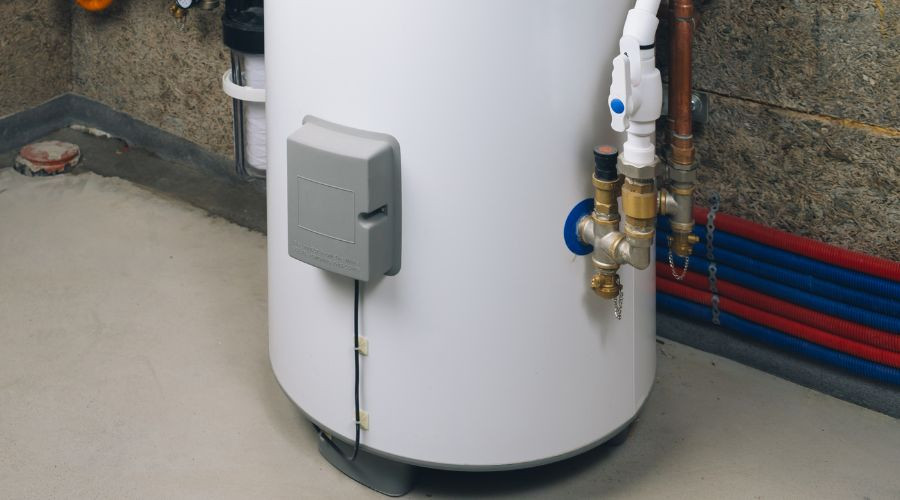Pros and Cons of Different Water Heaters
Deciding between an electric and gas water heater can often feel overwhelming when energy bills rise and hot water performance becomes unreliable. Energy efficiency, long-term savings, and environmental impact all contribute to making the choice complex. Understanding key differences can lead to a more confident and cost-effective decision. This overview outlines essential factors to consider when comparing the two types.
Gas Water Heater
 Gas water heaters offer faster water heating and generally lower operating costs. According to the U.S. Energy Information Administration, natural gas costs about 30–50% less than electricity per BTU. Utility bills often reflect this difference in energy cost. In addition, gas heaters heat water roughly twice as quickly as electric models, which helps maintain consistent hot water availability.
Gas water heaters offer faster water heating and generally lower operating costs. According to the U.S. Energy Information Administration, natural gas costs about 30–50% less than electricity per BTU. Utility bills often reflect this difference in energy cost. In addition, gas heaters heat water roughly twice as quickly as electric models, which helps maintain consistent hot water availability.
Installation of gas units comes with important safety requirements, including the need for proper ventilation due to combustion gases like carbon monoxide. Improper installation can lead to hazardous gas leaks and an increased risk of explosion. These systems also require a more complex setup involving gas lines and venting components, which increases labor and material expenses. Existing gas service is necessary, or installation costs will rise significantly.
Electric Water Heater
 Electric water heaters provide a simpler and safer installation process. Most electric models cost $500–$1,500 less to install since venting and gas line work is unnecessary. These systems eliminate the risks of carbon monoxide exposure or gas leaks, offering a safer alternative in homes where combustion concerns are a priority.
Electric water heaters provide a simpler and safer installation process. Most electric models cost $500–$1,500 less to install since venting and gas line work is unnecessary. These systems eliminate the risks of carbon monoxide exposure or gas leaks, offering a safer alternative in homes where combustion concerns are a priority.
Despite the lower initial cost, electricity remains more expensive than natural gas on a per-BTU basis. As a result, monthly utility bills can be noticeably higher over time. The difference in energy pricing often offsets installation savings within a few years. In regions where power outages occur frequently, electric water heaters may create inconvenience, as they stop working during outages due to full reliance on electricity.
Factors to Consider Before Installation
Several technical and environmental conditions can influence the ideal choice between gas and electric water heaters. Existing home infrastructure, energy reliability, and safety preferences should all factor into the final decision.
In areas with unreliable electrical service, gas heaters offer a consistent hot water supply since many models operate using only a pilot light. However, installation depends on the availability of a natural gas line or propane access, which can significantly increase costs if not already installed. Electric units connect directly to the household electrical system, requiring less invasive work but remaining vulnerable during outages.
Electric water heaters remove the hazards associated with gas appliances, such as leaks, combustion gases, and potential explosions. Data from the National Fire Protection Association links gas appliances to a notable share of residential fires. While both types require proper installation and maintenance, electric models generally involve fewer immediate risks. For those prioritizing safety and simplicity, electric systems often provide a more reassuring choice, despite higher operational costs.
Call American Eagle Plumbing
American Eagle Plumbing is a family-owned and operated plumbing company serving Hutto, TX, and surrounding areas. They offer flat-rate pricing, experienced plumbers, and on-time arrivals. Contact them for water heater repair services in Hutto, TX.






